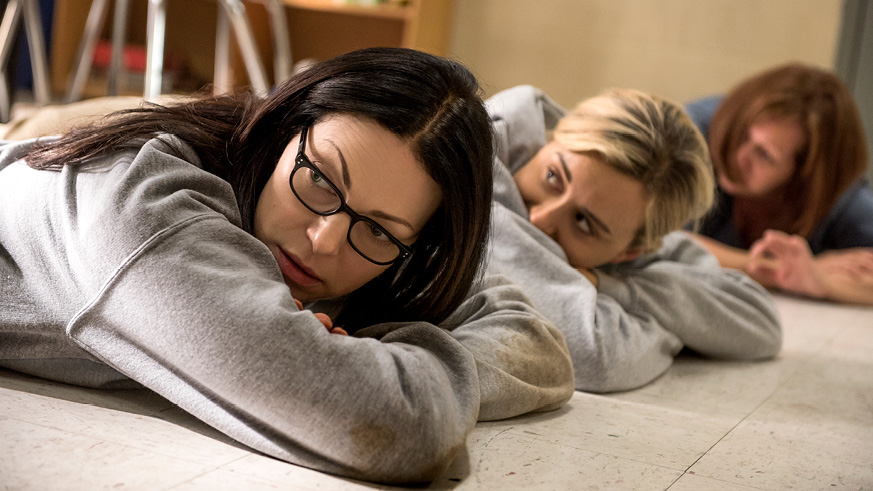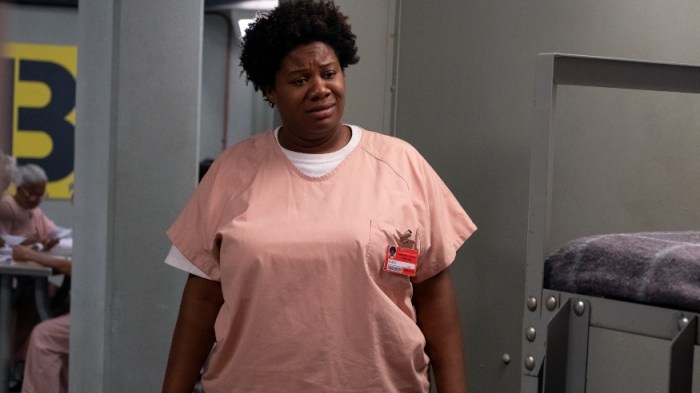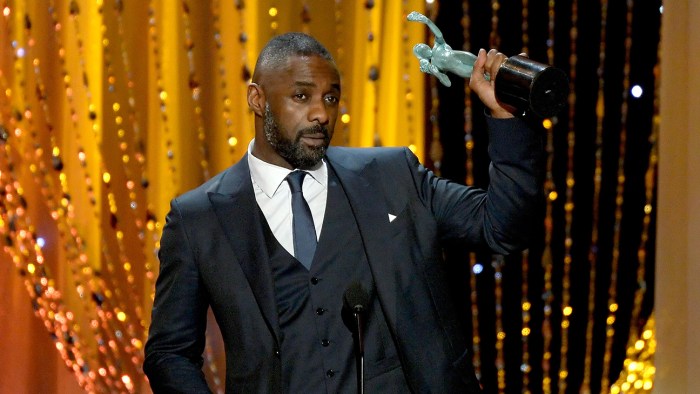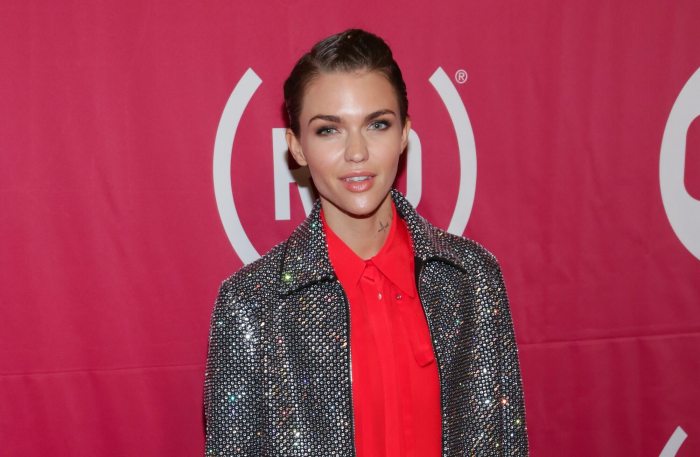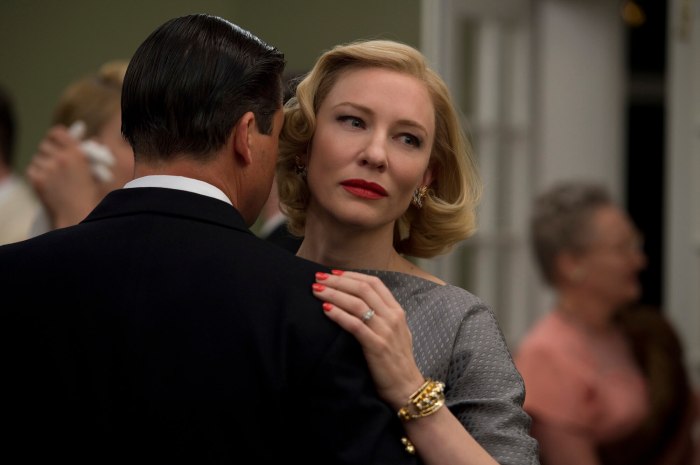The latest season of “Orange is the New Black” comes to Netflix on June 9th, and it’s trying something new. Instead of letting time move forward at a steady pace, the series begins at the same moment that last season ended — with a gun, and a tense standoff between Daya (Dascha Polanco) and a CO. The rest of the season unfolds over the following three days, and one thing is crystal clear: This is a prison riot, and there’s no escape.
In the six episodes we’ve seen, the condensed timeline emphasizes how bad things have gotten in Litchfield — we no longer have the benefit of a long view; there’s too much anger for that. Poussey’s (Samira Wiley) death was the culmination of months of mistreatment and abuse at the hands of the new COs. Caputo (Nick Sandow), despite his good intentions, has proven completely incapable of running his prison humanely. There had to be a breaking point, and this string of episodes is just that.
There are pros and cons to this new format. The pros are that we get to really sit in this moment; it feels like a testament to the huge effect Poussey had on others. On the other hand, there’s not much room for advancement. How much can a group of characters grow over the course of three days, when those three days have to be stretched over 13 episodes? Things start to drag. The riot gets stale, and the show reflects that.
One more con (and one that’s a particular bummer) is that the flashbacks aren’t as seamless. The scenes spent in the past lives of these characters have always been one of OITNB’s strong points — they offer some relief from prison life, for one thing, but they’re also fascinating as independent stories. This season the flashbacks are still important — illuminating, engaging, and intense — but they feel tacked on. Where before we slipped into them, dreamlike, now we’re picked up and dropped; it’s inelegant where the show has always been graceful.
But now for some gushing: regardless of these flaws, it’s still great. The characters are full, deep and colorful people that are easy to care about, even if they’re not always easy to love. In one extremely fun scene, the COs are forced to perform a talent show for the inmates – and each one surprises with a uniquely great performance. It’s particularly apt: all these people, stuck together in this prison gone mad, have tricks up their sleeves.
And the acting this season as strong as ever. As Taystee, Danielle Brooks is the voice of the riot, refusing to back down and refusing to let her friend’s death slip away unmarked. Her performance is enragingly good. And then there’s CO Bayley (Alan Aisenberg), who killed Poussey – we witness his life in the aftermath, and have to struggle with our sympathies for him.
“Orange Is The New Black” is like an infinite paper fortune teller, always unfolding to reveal surprising points of view, never letting assumptions rest for long. For that, it’s always been well worth watching.

